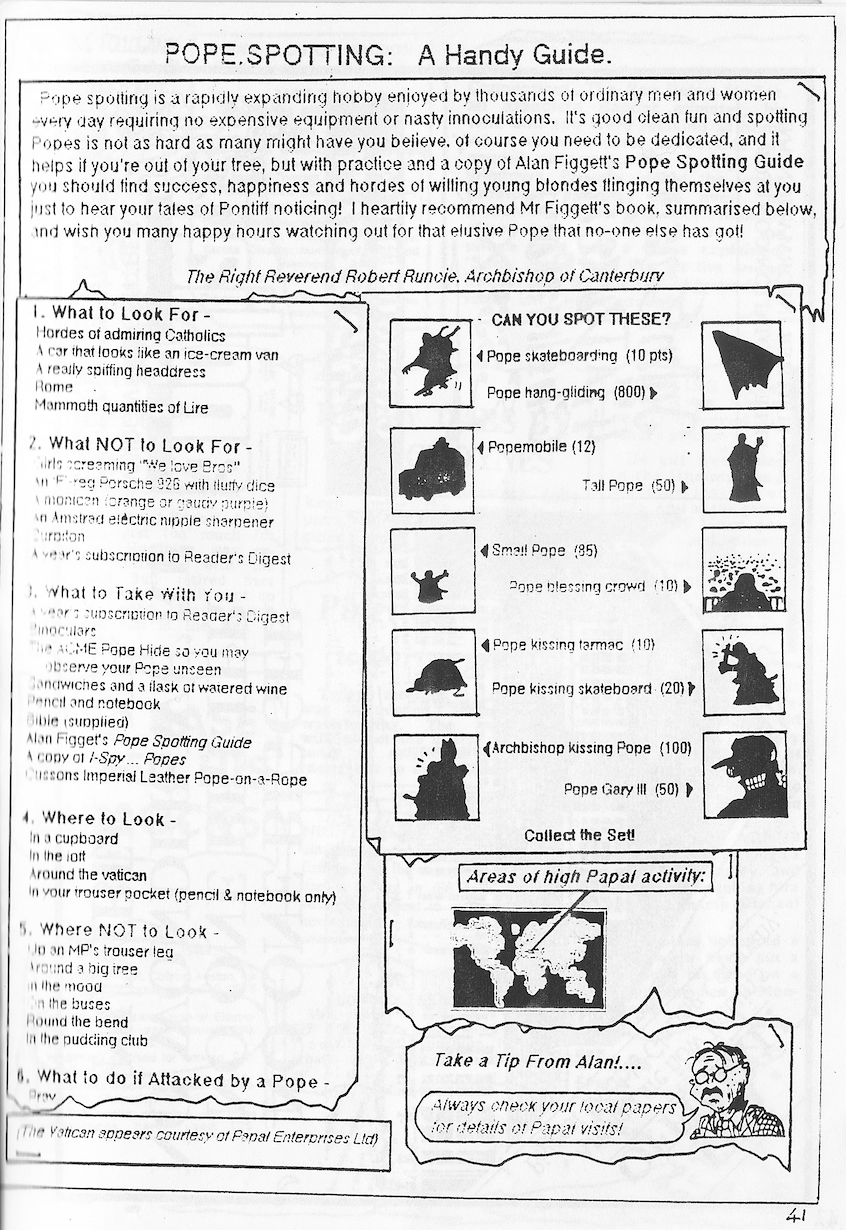ED-25
Created: 20th July 2011 by BenIt bugs me a little that, once again, she took the fast car, when it might have been rather more sensible and useful for me to take it, given I’m the one now being chased by a faceless and nameless pursuer.
But only a little, because this soon turns into a celebration of my speed and ingenuity – on a bicycle. I am on a… no, I am dreaming… the dreamer is on a bicycle. He is able to stay mostly well ahead and out of range of his pursuers. They catch up periodically but I suspect it’s only as a reminder that a pursuit is on, that peril is present, when the dreamer has strayed a little too far into the sheer thrill of the ride, the air, and the novel landscapes, rural and (pleasant, well-planned, futuristic) semi-urban. In the latter, multi-lane freeways lie empty, save for occasional groups of people ambling across the road on foot; these provide the only real frustration to be found in this tale, as the dreamer must sometimes wait for the pedestrians to move out of his way in a very pedestrian way, his horn having failed to motivate them to any additional sense of urgency, before continuing his journey, his ongoing escape from this motiveless chase.
Then, on one such 12-lane superhighway, again completely devoid of any wheeled traffic except him and a few prams and buggies being pushed by the slowest-moving parents ever, one of which and its attendant family he is about to accelerate away from, he notices something which makes him pause.
It’s a sound. Very faint, just on the edge of audibility, disappearing with each gust of wind, coalescing again as the air stills, so that it takes a moment to consciously know what it is; but by that time his unconscious has already recognised that he is being called, summoned, by the insistent repetition of the most ancient and secret of his names.
Doof. Doof. Doof. Doof.
– * – * –
The sound is coming from a neo-neo-classical pavilion towards the centre of the well-tended park that runs for miles alongside this deserted highway. The building, whose architecture is almost entirely ancient in style but whose bright albedo and suspicious glinting in the sunlight suggests ultra-modern construction and materials, sits like a gatehouse (but too far from the gate) astride the park’s central boulevard – a wide, smooth-surfaced path, which begins a little to the left of the dreamer’s current position and enters and exits the pavilion by means of high archways on its way to the shore of a crystalline lake or sea just visible in the distance. The dreamer repurposes his bike toward the boulevard and begins to ride, but as he cycles onto the boulevard, somehow he feels that is not right, not the done thing. There are no signs, no laws to say he must, but he knows that the approach is to be made on foot.
I am walking beneath one of those arches now. The building, the architecture, the unnatural brightness with which it glows in the sunlight, are of no interest to me. As I neared the building, and the music declared itself more evidently, I found it by turns interesting, then exciting, then compelling, but now, as if the archway were an invisible gateway to another dimension, as I cross the threshold into the building, it immediately becomes something more: overwhelmingly, transcendentally beautiful. What before was an aural, intellectually-stimulating phenomenon, opens out into a multi-sensory, sensual and spiritual experience wrapped around my whole body and soul.
When I recover my senses a little, I realise it’s not just about the choice of music, although that matters, of course it does. It’s the speakers. There’s something very special about these ones. I go in for a closer look at them, because from a distance – and, it turns out, from close up as well – there is nothing distinctive about them visually. They couldn’t look much more bog-standard: each carpet-covered rectangular housing of maybe 8 x 5 x 3 ft has two bass drivers of 14″ or so, covered with black metal grilles, and a horn tweeter. I can see only four of these units arranged around me, but the clarity of sound from these things is an epiphany.
They have no identifying features, no maker’s name or logo, nothing memorable about their visual design. So I have to enquire of the DJ, who tells me they are ED-25s.
I am awake.
I need those speakers.
This is my second attempt to write up a dream in short-story format (after this one). In this dream there were noticeable (in retrospect) shifts between a semi-lucid state, where I understood that I was dreaming but played along, and the more common state of being so enmeshed in the story that I’m unaware that I’m dreaming. These shifts seemed significant enough that I wanted to convey them somehow, so I chose to do so by flipping between first- and third-person narrative, although within the dream I was entirely acting, as I usually do in dreams, from a first-person point-of-view. I found it challenging to implement these flips in the narrative in such a way as to make it obvious that they are intentional rather than accidental, but without excessively calling attention to themselves… I’ve not attempted anything like that before, at least not deliberately…
